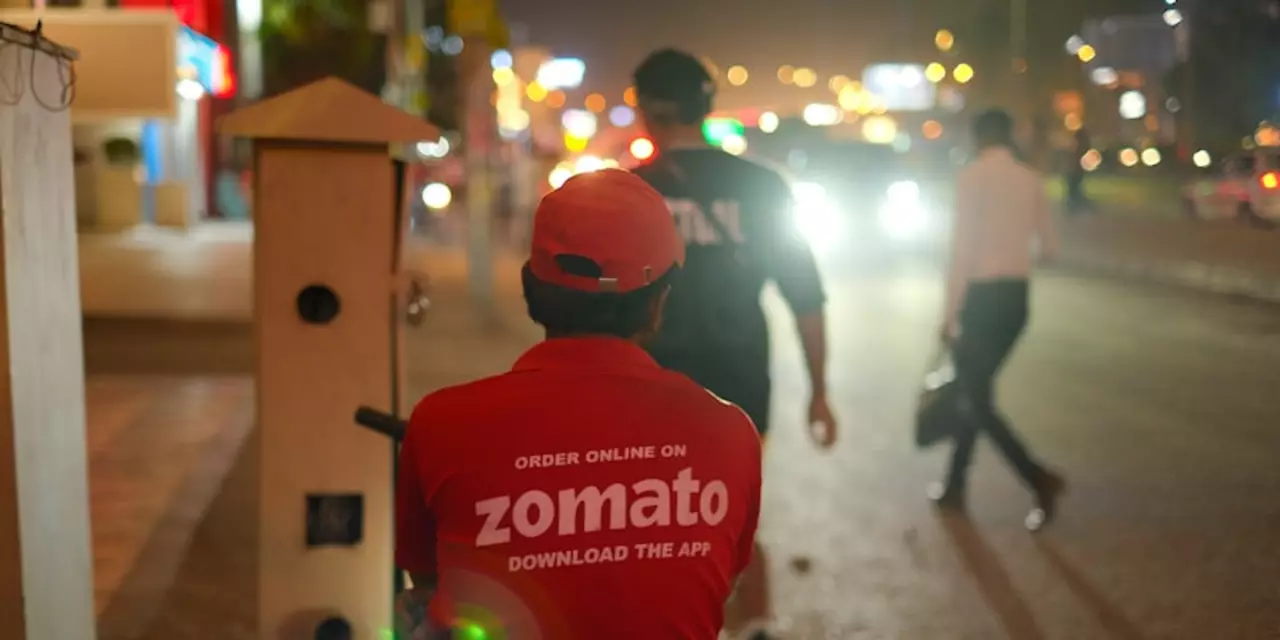Policing touches almost every part of life in Delhi — from who patrols your neighbourhood to how custody cases are handled. You’ve probably seen headlines about excessive force, corruption, or odd incidents at airports. This tag collects news, on-the-ground reports, and simple, useful advice so you can understand what’s happening and what to do if you’re affected.
Here you’ll find articles that question police behaviour, explain how local crime can be reduced, and look at where accountability is failing. We cover real stories — from alleged beatings in custody to rude treatment of people with disabilities — and practical pieces on avoiding trouble or filing complaints. If you want clear information without legalese, this is where to start.
If you’re stopped by police or dealing with custody, a few simple steps make a big difference. Stay calm and speak clearly. Ask the officer for name, badge number and the reason for the stop. If you can, note the time, place and witnesses. Recording on your phone is allowed in public; it often protects you and the officer alike. If force is used or you’re wrongly detained, try to get medical help and preserve evidence: photos of injuries, copies of any papers, and names of witnesses.
Want to complain? Go to the police station where the incident happened and ask for a written complaint or a diary entry. If that doesn’t help, use the state police complaints cell or the National Human Rights Commission. NGOs and local legal aid clinics can guide you through filing an FIR or a professional complaint. Small, prompt actions are usually more effective than waiting.
Reform is in constant debate: more CCTV, community policing pilots, and digital complaint portals are part of the conversation. But problems like low accountability and petty corruption still pop up — sometimes at the inspector level, sometimes higher. Watch for shifts in how complaints are handled and whether independent investigations actually happen.
Community involvement matters. Residents’ groups that share CCTV footage, local councillors who push for safer streets, and neighbourhood safety audits make a difference. If you care about lasting change, join local meetings, report problems with evidence, and support transparent oversight — it’s more effective than only posting about incidents on social media.
If you want detailed articles, check the posts tagged here on specific incidents, comparisons, and how-to guides. Share your experiences or tips with others — real change starts when people know their rights and act together.

Crime rates in Delhi are amongst the highest amongst all major cities in India. In order to reduce crime in Delhi, a multi-pronged approach needs to be adopted. This should involve better policing, tougher laws and better enforcement of existing laws. Additionally, initiatives need to be taken to improve economic and social conditions in the city in order to reduce the incentive to commit crimes. These initiatives should involve improving education, providing better job opportunities and addressing poverty.